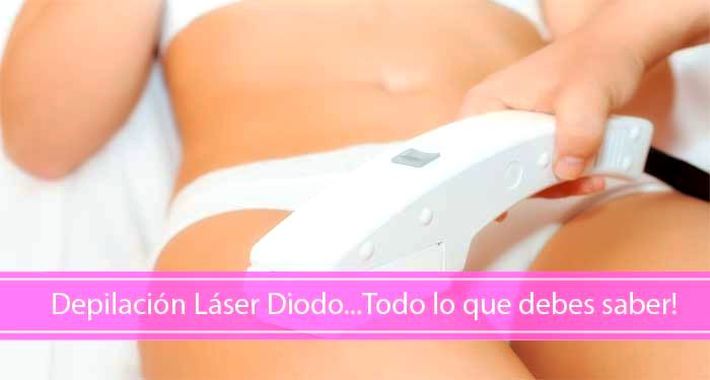Laser depilation

Diode Laser
Approved in the United States by the Food and Drug Administration (FDA), the diode laser is the latest, most effective and safest method of hair removal, leaving behind the traditional Alexandrite and Yag methods. Its effectiveness does not represent a health risk, since it is the noblest and safest method for all skin types worldwide.
Mainly characterized by its wavelength, being this one of greater length than the other options, the Diode laser penetrates something more than just the skin, reason why in the past it was believed that it should not be used in light or thinner hairs, and that only should be applied to thicker, dark-skinned hair; Today it is a reality that the Diode laser can be used on any skin type and hair thickness. This technology concentrates the laser power into the follicle, penetrated from 805nm, more than traditional old methods, resulting in advanced removal from the first session.
I don’t know
In short, the Diode laser is highly recommended for the total removal of hair on large body parts such as the chest, back or legs and can be used by both men and women.
Advantages of the Diode Laser
The fact that its wavelength is greater than the others, allows penetration to be deeper and safer for your skin.
– Ensures the removal of 95% of hair in the area to be treated.
– Diode laser gives you permanent results
– Does not generate pain unlike other hair removal methods.
– Decreases the size of the pores and balances the tone of your skin
– Firms the skin and softens its texture
– It is recommended for women with hormonal problems
– Helps reduce varicose veins
If you are looking to permanently remove hair from your skin, this is the best option for you …
To carry out the sessions, the hair must have a length of 1 to 3 millimeters.
Waxing, electric epilators or tweezers should not be performed before 15 or 20 days after the session.


Treatment
Treatment is prohibited in pregnant women, people with active skin infections.
Treatments in those who are taking photosensitizing medications, in photosensitive diseases such as lupus and dermatomyositis, or patients with a history of epilepsy are also not convenient.
